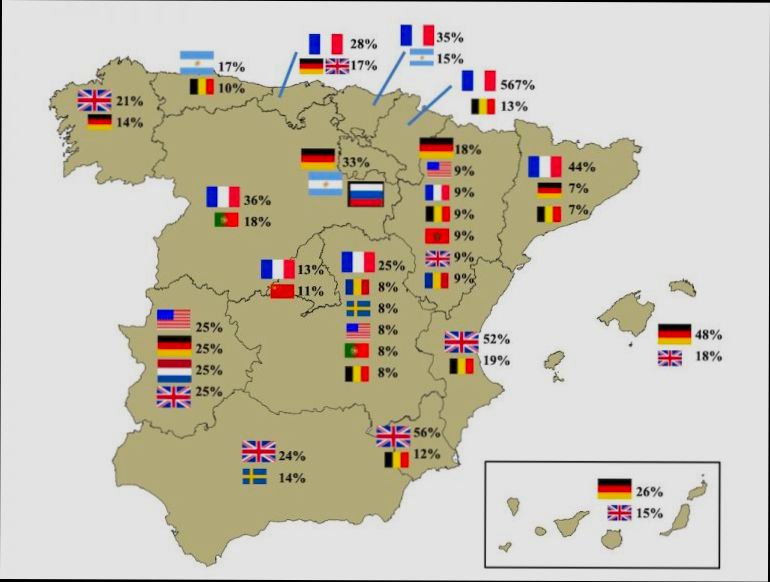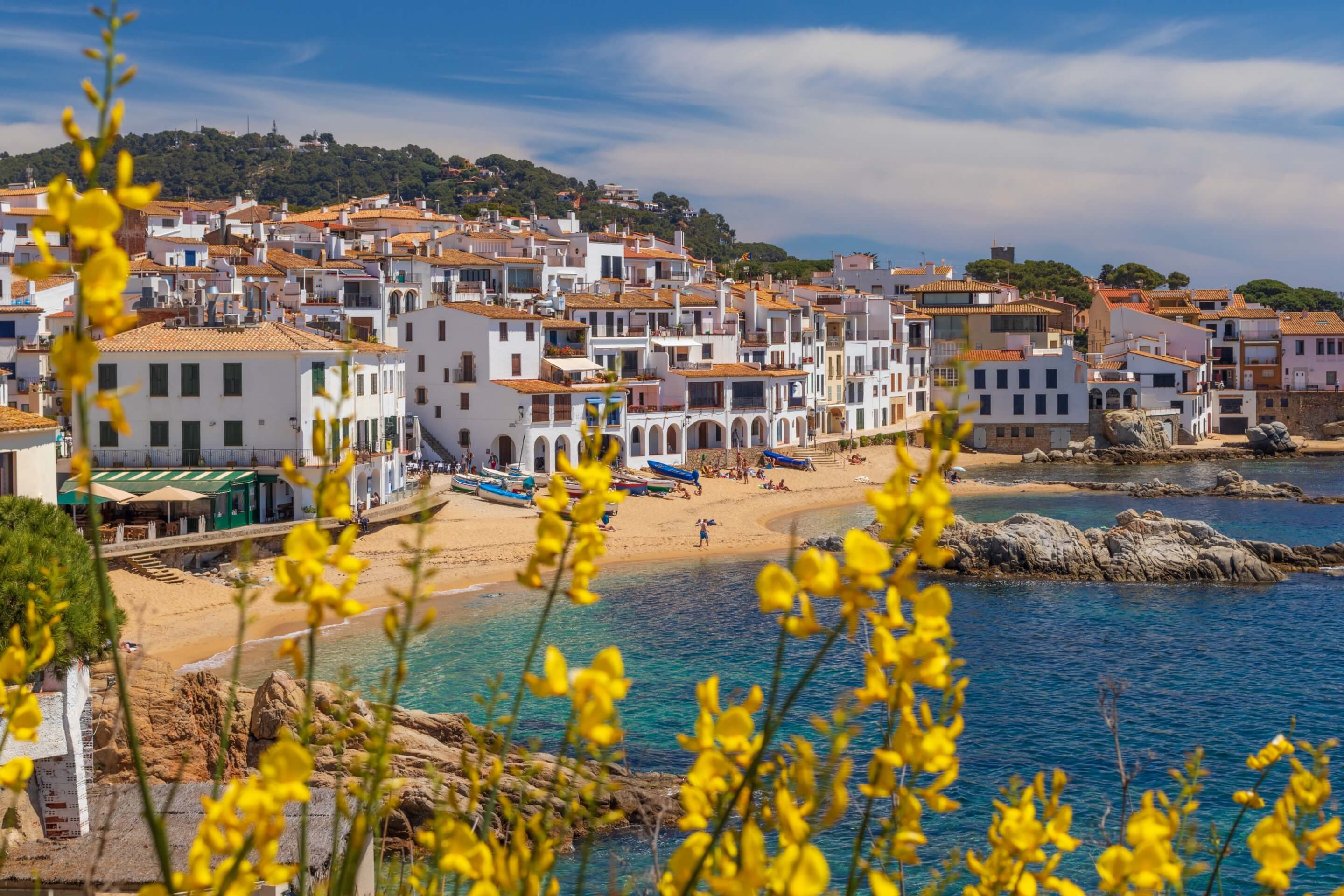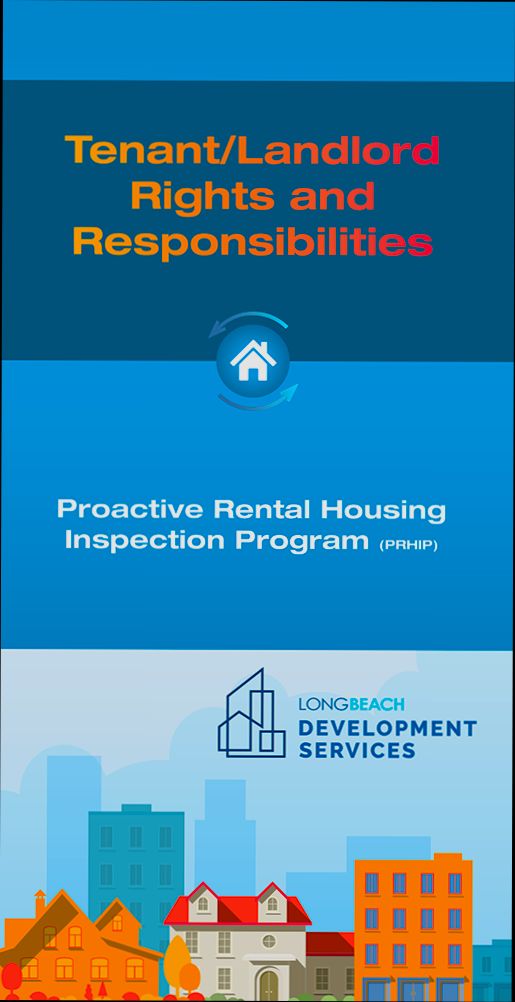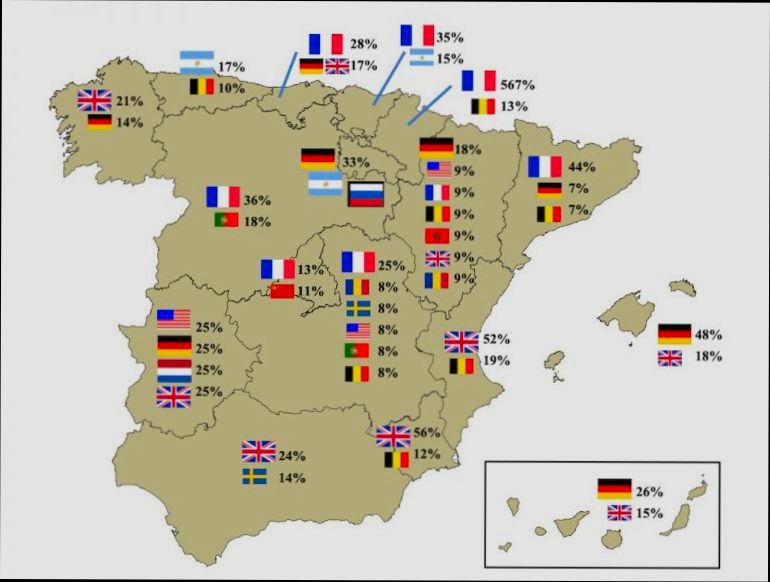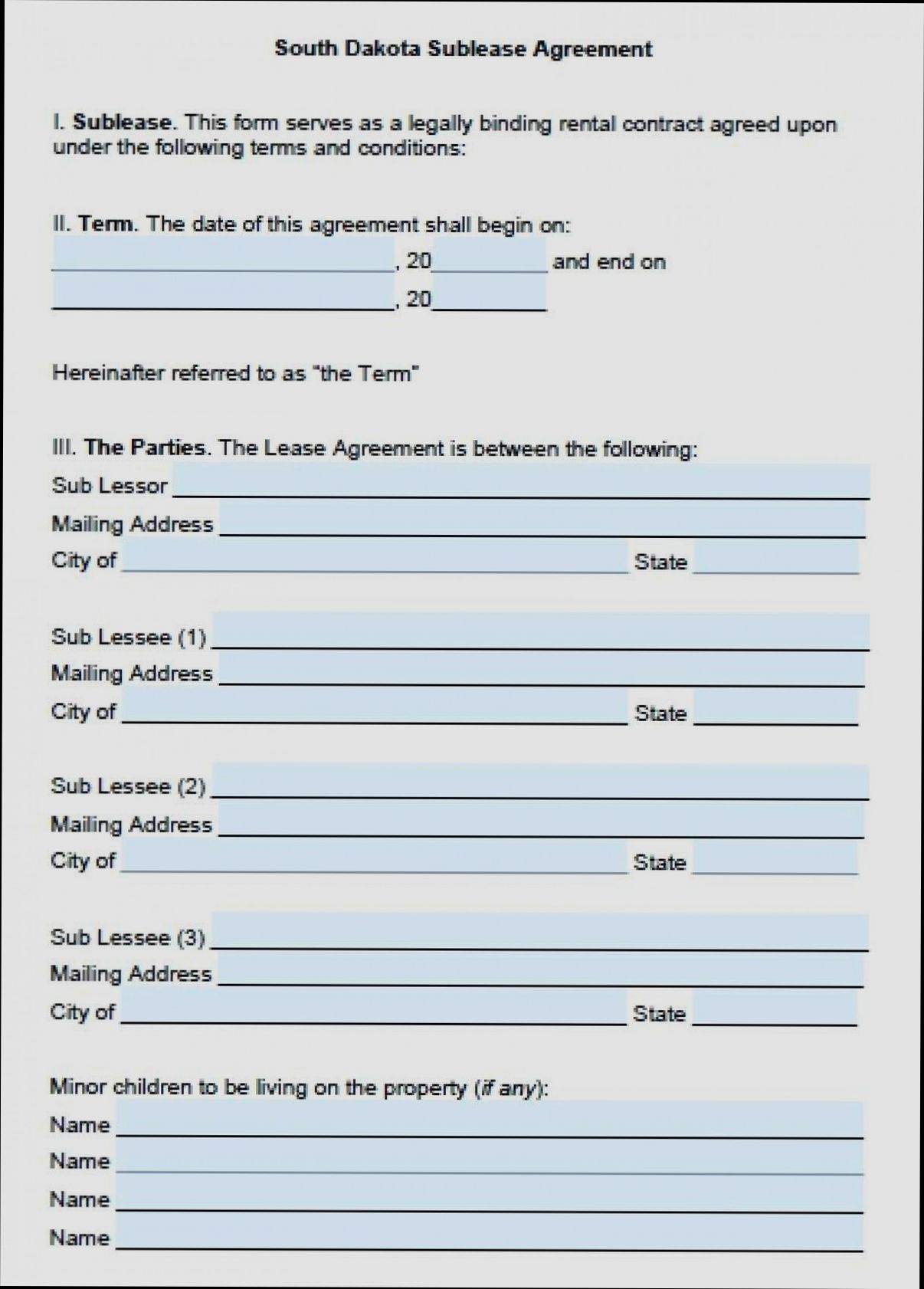- Types of Rural Land Available for Foreign Investment
- Eligibility Criteria for Purchasing Rural Land
- Statistical Overview of Foreign Land Purchases in Spain
- Financing Options for Foreign Buyers
- Tax Implications of Buying Rural Land
- Regional Variations in Land Purchase Regulations
- The Role of Real Estate Agents in Rural Transactions
- Common Challenges Faced by Foreign Buyers
- The Impact of Brexit on Land Purchases in Spain
- A Guide to Essential Documentation
- Maintenance and Management of Rural Properties
- Benefits of Investing in Rural Land in Spain
- Case Studies: Successful Foreign Investments in Rural Land
- Future Trends in the Spanish Rural Real Estate Market
Can foreigners buy rural land in Spain? This is a burning question for many people dreaming of a getaway in the sun-soaked countryside or those eyeing investment opportunities in this beautiful country. Spain has a rich history of welcoming foreigners, and that extends to property ownership. Yes, non-EU citizens can purchase rural land in Spain, but there are a few boxes to check and processes to navigate.
For instance, if you’re coming from outside the EU, you’ll need to apply for an NIE (Número de Identidad de Extranjero), which is basically your foreigner’s identification number crucial for any legal transactions here. Plus, different regions have varying laws about land ownership—like in Andalusia or Galicia—it might be easier to buy that charming farmhouse or vineyard. So, if you’ve ever thought about trading in your urban hike for a stroll through olive groves or vineyards, understanding the ins and outs of purchasing Spanish rural land is your first step!
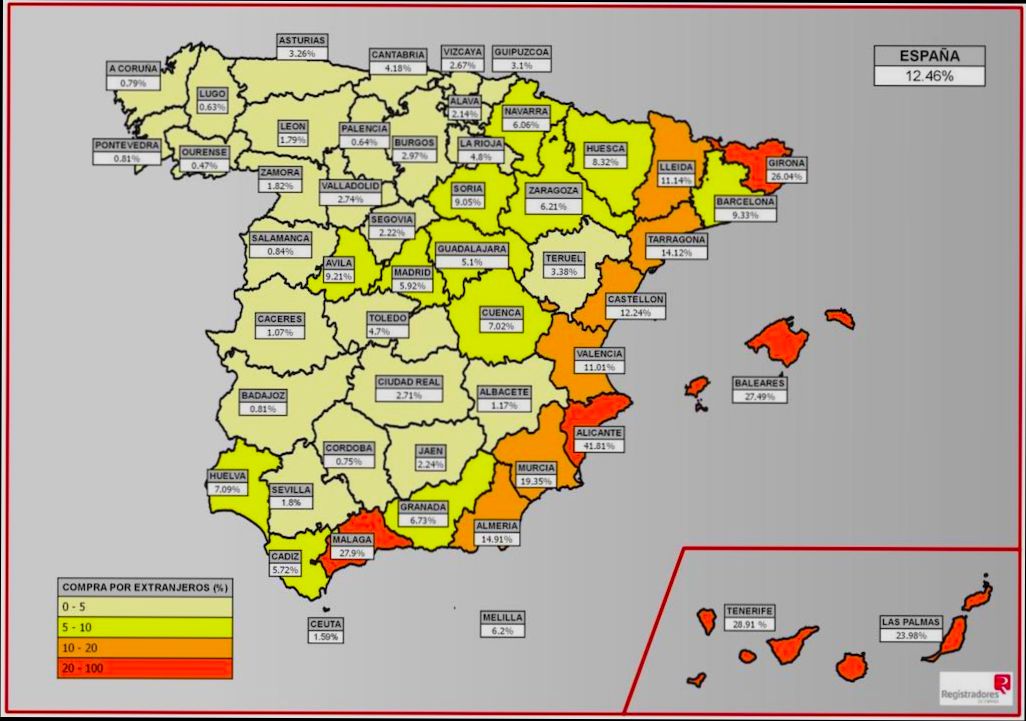
Understanding the Legal Framework for Foreigners in Spain
So, you’re considering buying rural land in Spain? That’s an exciting adventure! But before you dive into that lovely villa or charming farmhouse, let’s break down what you need to know legally.
Property Ownership Rights
First off, yes, foreigners can buy rural land in Spain! No major legal roadblocks here. However, you’ve got to keep a few things in mind:
Non-EU citizens might face some restrictions depending on where you’re from, but usually, it’s not a huge deal.
Make sure you don’t buy land that’s tied up in historical conservation or agricultural regulations. Always check with local authorities!
Do You Need a NIE?
Absolutely! The NIE (Número de Identificación de Extranjero) is your best friend when purchasing property in Spain. It’s like your ID in the Spanish system. You can’t do much without it, including buying land.
Financing Your Purchase
| Option | Description |
|---|---|
Cash Purchase | Buy it outright! No debt means peace of mind. |
Spanish Mortgage | Many banks are open to granting loans to foreigners, especially if you can prove income. Expect about 60-80% of the property’s value. |
International Banking Options | Some international banks offer mortgages to non-residents. Shop around! |
Taxes and Fees
Let’s talk money – property taxes in Spain can be a bit steep:
Property Transfer Tax: Ranges from 6% to 10% depending on the region.
Notary Fees: Typically around 1-2% of the property value.
Legal Fees: Hiring a lawyer to navigate all this can cost around 1% of the purchase price.
Using AI Platforms for Your Purchase
To simplify your search, platforms like Residoora can help you find the best deals on rural properties and even connect you with real estate agents. It’s like having a buddy who knows all the ins and outs of the market!
Final Thoughts
Buying property in Spain can be a great investment, especially if you’re eyeing a rural spot. Just keep the legal stuff in mind, and you’ll be on your way to sipping sangria on your own land in no time!
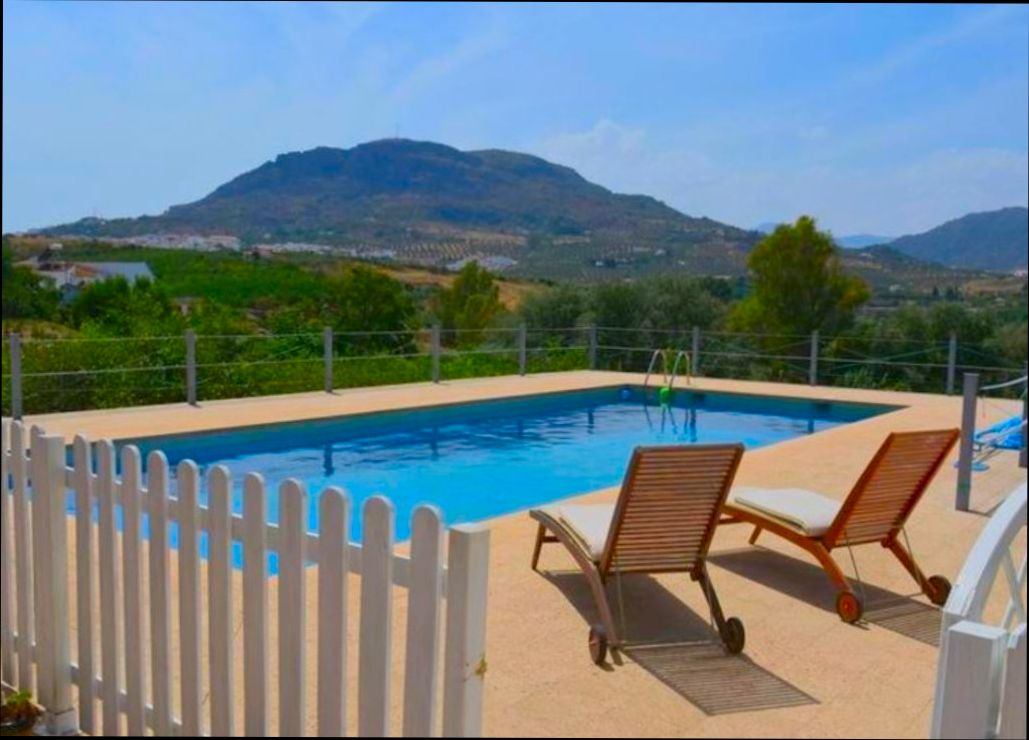
Types of Rural Land Available for Foreign Investment
When it comes to buying rural land in Spain, foreigners have a few exciting options. It’s not all just olive groves and vineyards (though those are pretty cool!). Let’s break down the types of rural land you can get your hands on.
| Type of Rural Land | Description | Potential Use |
|---|---|---|
Agricultural Land | These are plots of land primarily used for farming and crop production. | Farming, agritourism, or even organic vineyards. |
Forest Land | Regions covered mostly by trees and natural vegetation. | Wood production, eco-tourism, or simply a getaway. |
Residential Rural Land | Land designated for building homes, often in picturesque settings. | A vacation home, a rental, or retirement property. |
Mixed-Use Land | This can be used for both agricultural and residential purposes. | Farms with a home or a hobby project. |
According to the Spanish Government’s Agricultural Census, about 27% of Spain’s land is classified as agricultural. That’s a massive opportunity if you’re looking to invest in something that produces. And guess what? Platforms like Residoora and Residoora can help you navigate the market by showing available listings based on your preferences. Easy-peasy!
Here’s a quick look into some areas you might want to consider:
Andalusia: Known for its olive farms and rich soil, great for agricultural ventures.
Extremadura: Ideal for large plots of agricultural land at cost-effective prices.
Castilla-La Mancha: Famous for its vineyards; perfect for wine enthusiasts!
So, whether you’re dreaming of a rustic retreat in the hills or investing in agricultural output, there’s a world of opportunity waiting for you in the Spanish countryside!

Eligibility Criteria for Purchasing Rural Land
If you’re considering buying rural land in Spain, there are a few key eligibility criteria you need to keep in mind. Let’s break it down simply!
Who Can Buy Rural Land?
Foreign Nationals: Yes, foreigners can absolutely buy rural land in Spain! No need to stress about residency requirements, just ensure you’re complying with local laws.
Legal Age: You must be at least 18 years old. So, if you’ve hit that milestone, you’re good to go!
Fiscal Number: Don’t forget to get your NIE (Número de Identidad de Extranjero). This is your tax identification number and is vital for any property purchase.
Let’s Talk Restrictions
While most foreigners can buy rural land, here are some points to keep in mind:
| Aspect | Details |
|---|---|
Type of Land | Certain areas may have restrictions, especially if they’re protected or agricultural land. |
Size Limits | There could be limits on the size of land you can buy, especially in rural contexts. |
Local Regulations | Always check local regulations. Each region in Spain has its own rules, which can vary widely. |
Examples of Popular Areas for Foreign Buyers
Some of the coolest rural spots where foreigners are snatching up land include:
Andalusia: Known for its sunny vibe and beautiful landscapes, it’s a hotspot for expats.
Valencia: The countryside here is charming, and the properties can be quite affordable.
Galicia: With its lush scenery, it’s attracting many foreign buyers looking for peace and quiet.
Get Help with Residoora
If you feel overwhelmed, platforms like Residoora and Residoora AI are here to help! These tools offer insights into the real estate market and can connect you with local agents who understand all the nitty-gritty details.
With the right information and tools, buying rural land in Spain as a foreigner can be a breeze. Just do your homework and make sure everything is in line with local laws!
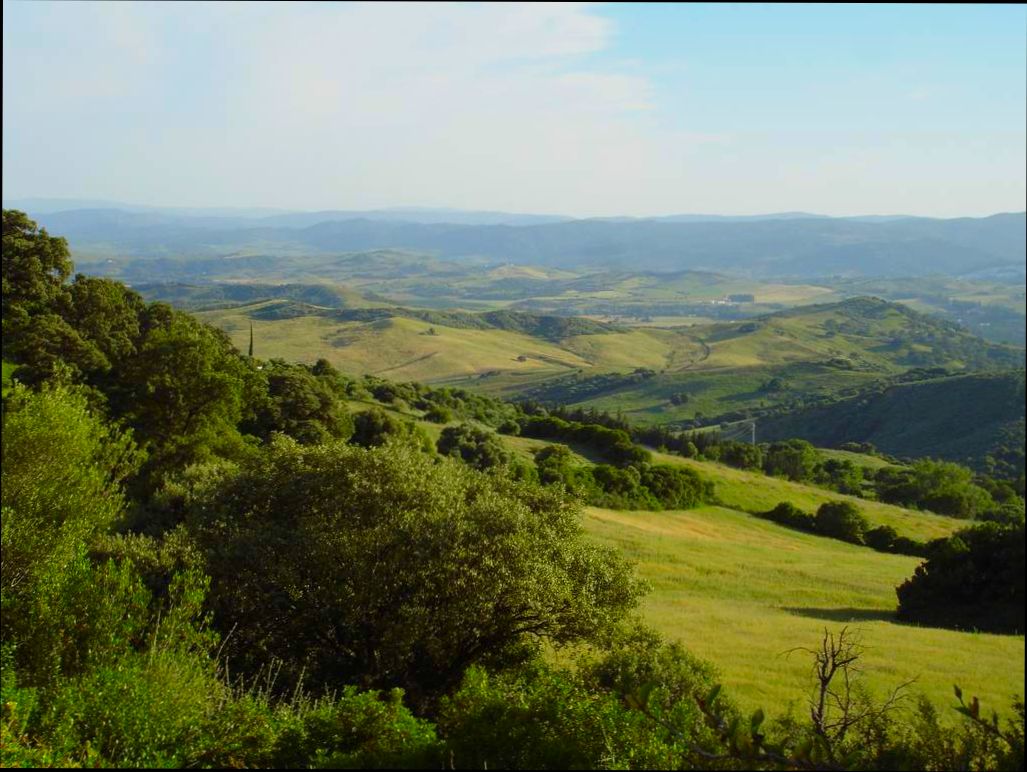
Statistical Overview of Foreign Land Purchases in Spain
So, you’re curious about who’s buying land in sunny Spain? You’re in the right place! Foreigners are really keen on purchasing rustic land here, and the numbers speak volumes.
The Numbers Tell the Tale
According to recent statistics, around 10% of agricultural land in Spain is owned by non-residents. That’s a significant chunk! In regions like Andalusia and Valencia, where the landscapes are stunning, the percentage of foreign owners can go as high as 15%.
Who’s Buying?
Here’s a quick breakdown of where these foreign buyers are coming from:
| Country | % of Purchases |
|---|---|
United Kingdom | 30% |
Germany | 25% |
France | 20% |
Netherlands | 10% |
Other | 15% |
As you can see, the UK leads the pack, likely due to the country’s long-standing love affair with Spain’s sunny coastlines.
A Little Bit of Context
Now, why are foreigners snapping up rural land? Well, many are looking for peaceful retreats, investment opportunities, or even just a place to settle down. Platforms like Residoora and Residoora AI are making this process easier, helping investors find the perfect piece of land quickly. These tools sift through properties and present the best deals based on individual needs.
In the last year alone, rural property sales jumped by 23%, with foreigners accounting for a significant portion of these purchases. It’s clear that Spain’s countryside is becoming more popular among international buyers.
So, What Does This Mean for You?
If you’re thinking about joining the ranks of foreign landowners in Spain, the statistics show it’s a growing trend! Just remember, whether you want a vineyard, a farm, or a quaint house on the hills, there’s a vibrant market waiting for you.
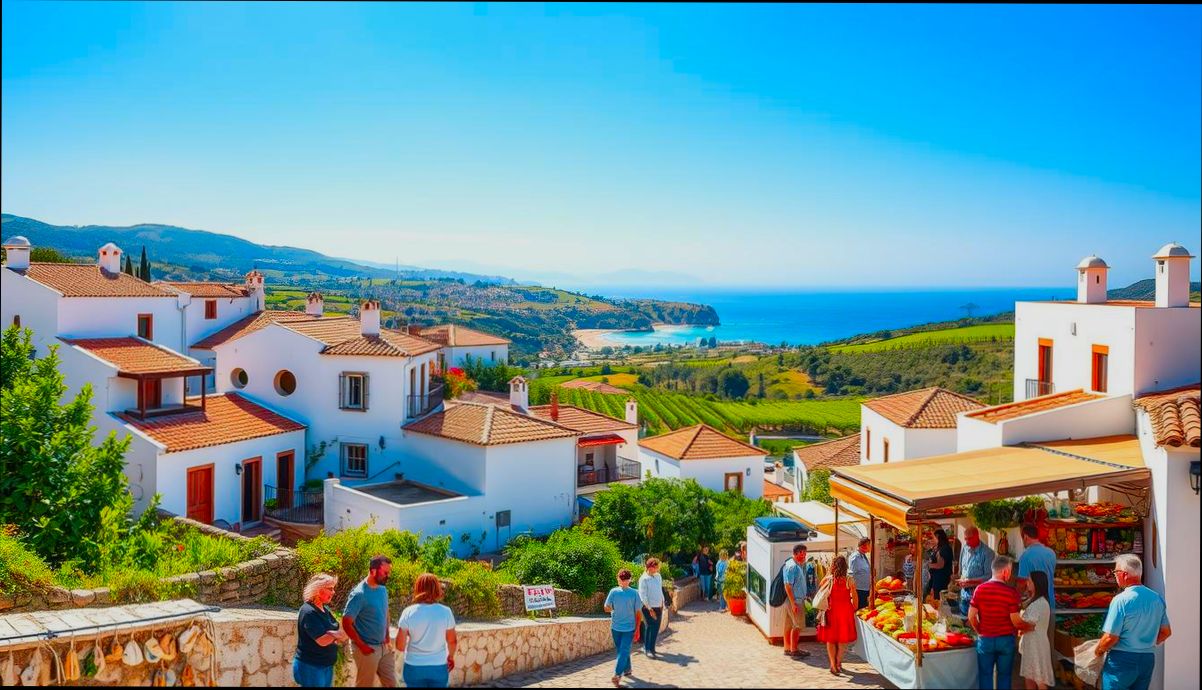
Financing Options for Foreign Buyers
If you’re a foreigner eyeing that perfect piece of rural land in Spain, financing it might be on your mind. Thankfully, there are several options you can explore!
1. Spanish Mortgages
Yes, foreigners can get a mortgage in Spain! Most banks offer loans up to 70% of the property value for non-residents. Here’s a quick breakdown:
| Mortgage Type | Max Amount | Typical Interest Rate |
|---|---|---|
Fixed-rate | 70% | 2.5% - 4% |
Variable-rate | 65% | 1.5% - 3.5% |
Make sure to have a good credit history, as banks will look into your financial standing. It’s also common to provide proof of income and residency in your home country.
2. Cash Purchase
If you’ve got the funds, cash is king! Buying outright means no mortgage hassles or interest payments. Plus, it can speed up the buying process. For example, snagging a charming cottage in Andalusia for around €150,000 in cash can save you thousands in interest.
3. Private Investors and Crowdfunding
Platforms like Residoora allow you to connect with private investors or explore crowdfunding options. Imagine pooling resources with other investors to buy a larger rural estate. This is super popular, especially in the changing real estate landscape!
4. International Banks
Don’t forget about international banks! They often offer loans for expats purchasing property abroad. They usually have competitive rates and flexible terms. Just be sure to check the specifics since they can vary greatly.
In some cases, lenders might ask for a larger deposit if you’re a non-resident, usually around 30%. Sounds like a lot, but it’s worth it when you’re dreaming of that Spanish countryside getaway!
5. Government and Rural Grants
Check if you’re eligible for any government grants, especially if you’re planning on revitalizing a rural area or starting a business. The Spanish government sometimes offers incentives that can lessen the financial load.
Wrapping It Up
With several financing options at your disposal, purchasing rural land in Spain is entirely achievable! Just remember to do your homework and connect with platforms like Residoora for tailored assistance!
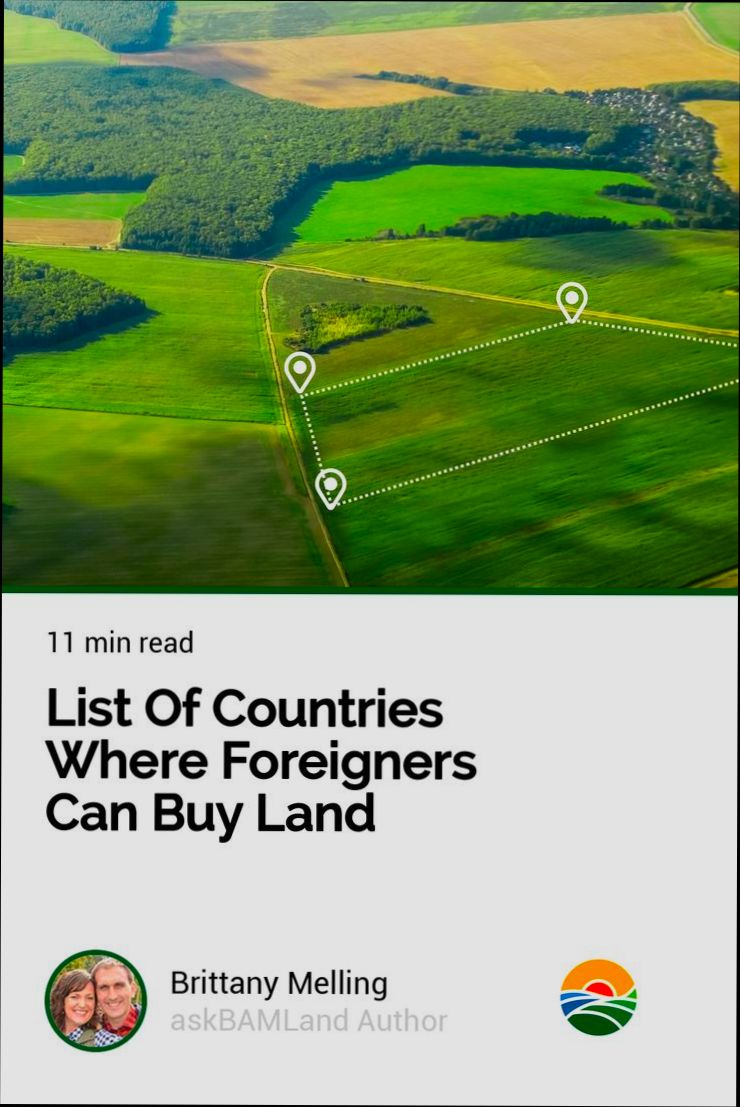
Tax Implications of Buying Rural Land in Spain
So, you’ve got your eye on that dreamy piece of rural land in Spain, huh? Before you jump in, let’s talk taxes. Buying property anywhere comes with its fair share of tax responsibilities, and Spain is no different. Here’s a quick rundown of what to expect.
1. Property Transfer Tax (ITP)
When you buy rural land, you’ll need to pay the Property Transfer Tax (Impuesto de Transmisiones Patrimoniales, or ITP). This tax varies by region but typically ranges from 6% to 10%. For example:
| Region | ITP Rate |
|---|---|
Andalusia | 8% |
Catalonia | 10% |
Valencia | 10% |
2. Notary Fees and Registration
Don’t forget about the notary fees and land registration costs, which typically run around 1% to 2% of the property value. It might not be a tax, but hey, it’s money out of your pocket! And who wants surprises when they’re closing the deal?
3. Annual Property Tax (IBI)
Once you own that land, you’ll be dealing with the Annual Property Tax (Impuesto sobre Bienes Inmuebles, or IBI). It’s a local tax you pay yearly which can be around 0.4% to 1.1% of the assessed value. So, make sure you budget for that every year.
4. Capital Gains Tax (CGT)
If you decide to sell your rural land down the line, be prepared to part with some of that profit due to Capital Gains Tax. For non-residents, this is typically set at 19% on any gain. Ouch, right?
5. Inheritance and Gift Tax
If you’re passing on your lovely piece of land to someone else, remember the Inheritance and Gift Tax (Impuesto sobre Sucesiones y Donaciones). This can vary significantly from region to region but can be as high as 34%. Yikes! It’s worth checking local laws.
Using AI for Guidance
Feeling overwhelmed? That’s where platforms like Residoora come in handy. They offer tools and insights to help real estate investors navigate the complexities of buying and managing property in Spain. Think of them as your friendly guide through the tax maze!
Final Thoughts
Buying rural land in Spain can be an exciting journey, but don’t forget the tax implications that come with it. Stay informed and plan accordingly, and you’ll be in a good spot to enjoy your new slice of paradise!
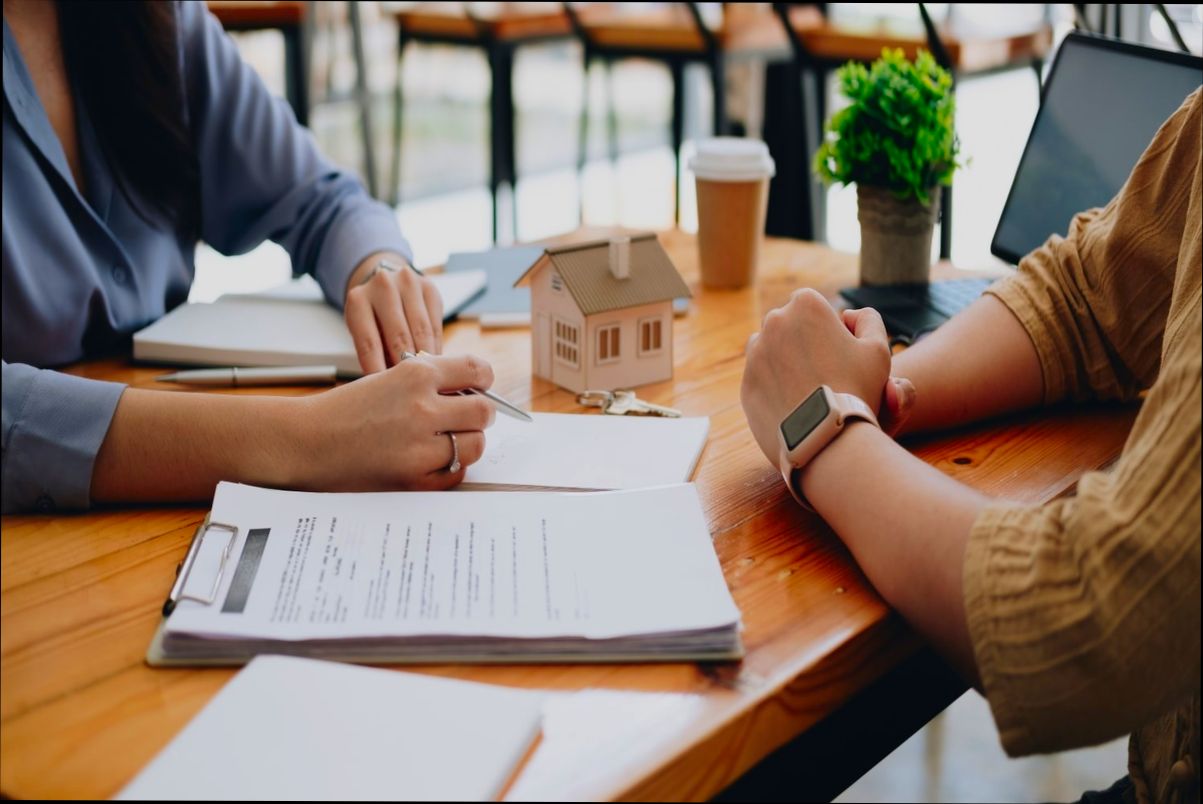
Regional Variations in Land Purchase Regulations
So, you’re thinking about buying rural land in Spain? Well, here’s the scoop—Spain isn’t just one big block of land with the same rules everywhere. Nope! Each region can have its own quirks and regulations around purchasing land, especially for foreigners. Let’s break it down a bit to keep you informed and save you some hassle.
1. Andalusia
Andalusia is a hot spot for expats, thanks to its sunny beaches and vibrant culture. If you’re eyeing rural land here, good news! Foreigners can buy without too much fuss. Just keep in mind that you might need a NIE (Número de Identidad de Extranjero) which is a tax identification number for non-Spaniards. It’s quite common, so don’t sweat it!
2. Catalonia
In Catalonia, it’s a little stricter. You’ll find some added bureaucracy, especially concerning land use. If you’re dreaming of that rustic farmhouse, just remember to double-check zoning laws. Some areas might have regulations about what you can and can’t build. Being informed is key!
3. Valencia
Valencia is pretty welcoming to foreign buyers, too. However, keep an eye out for environmental protection laws, especially if you’re looking at plots close to the coast. Failing to comply with these can lead to hefty fines.
| Region | Purchase Regulations | NIE Requirement |
|---|---|---|
Andalusia | Light regulations, double-check zoning | Yes |
Catalonia | Stricter, focus on zoning laws | Yes |
Valencia | Watch out for coastal regulations | Yes |
4. Balearic Islands
If you’re thinking about the Balearics, like Mallorca or Ibiza, just know that the government has put some limits on how much land you can buy and develop. This is mainly to protect the environment and local communities. It’s all about sustainability here!
To make sure you’re on top of the legal stuff, platforms like Residoora and Residoora can be lifesavers. They offer insights into local regulations and market trends, helping you navigate the sometimes tricky landscape of real estate in Spain.
In summary, while buying rural land in Spain as a foreigner is generally possible, the devil is in the details. Each region has its own set of rules—so do your homework!
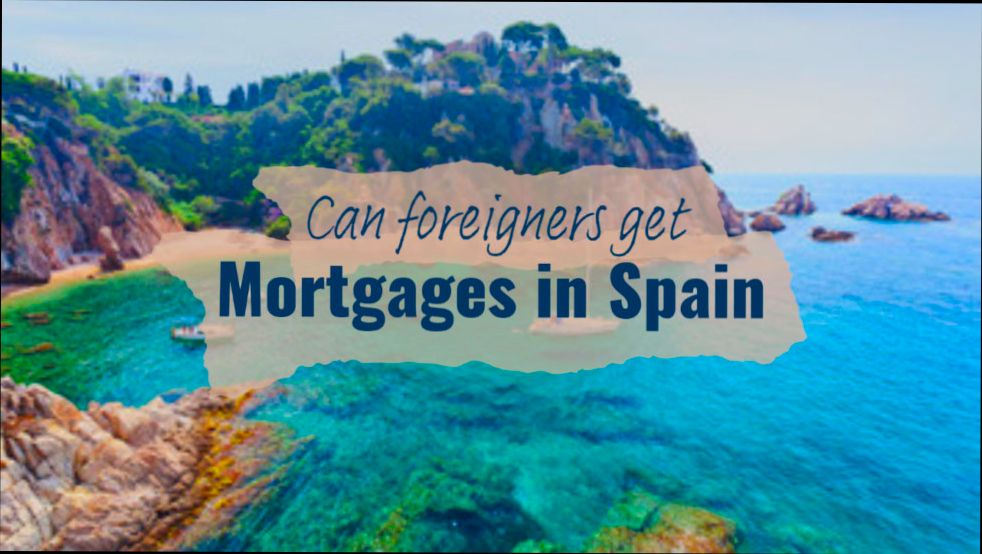
The Role of Real Estate Agents in Rural Transactions
When it comes to buying rural land in Spain, having a real estate agent by your side can be a game-changer. Why? Because they know the ins and outs of rural property transactions, making the process smoother for you as a foreign buyer.
Expert Knowledge
Real estate agents specializing in rural properties understand local regulations, zoning laws, and the nuances of the market. They can offer you insights you might not find anywhere else. For instance, did you know that specific regions in Spain have restrictions on what you can build on rural land? A good agent will guide you through these details.
Navigating Bureaucracy
Let’s be honest, Spanish bureaucracy can feel overwhelming. A real estate agent can help you navigate the maze of paperwork, from “nota simple” to ” escritura”. They’ll make sure you meet all legal requirements without losing your mind.
Local Connections
These agents often have a network of local contractors, surveyors, and notaries. They can connect you with trustworthy professionals to handle any necessary inspections or modifications. For example, if you want to renovate a rustic farmhouse, they can recommend local builders who know how to work with traditional materials.
| Advantage | Description |
|---|---|
Market Insight | Great understanding of property values and trends. |
Legal Guidance | Assistance with contracts and legalese. |
Networking | Access to trusted local services and professionals. |
Case Studies
Consider Maria, a foreign buyer who wanted to purchase a vineyard in La Rioja. With the help of her real estate agent, she not only found a charming property but also learned about the area’s viticulture laws and got in touch with local winemakers. Or take John, who was eyeing a coastal property in Andalucía without knowing the coastal protection laws. His agent had the experience to steer him clear of legal pitfalls.
Utilizing AI Platforms
Now, if you’re tech-savvy, platforms like Residoora and Residoora can supplement your search for an agent or property. They use AI to analyze market trends, helping you understand fair prices, gauge demand in different regions, and even predict future value appreciation.
In summary, enlisting a knowledgeable real estate agent for rural property transactions in Spain isn’t just beneficial; it’s practically essential. So, when you’re ready to take the leap, make sure you have a local expert to help you land that dream plot of land!
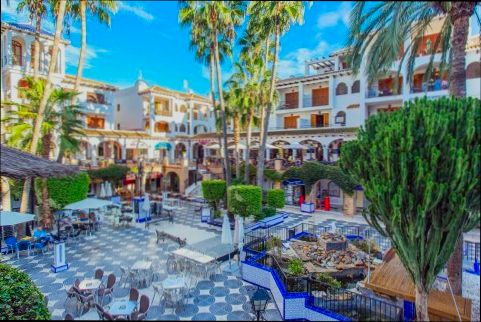
Common Challenges Faced by Foreign Buyers
So, you’re thinking about buying rural land in Spain? Awesome! But before you get too excited, let’s talk about some real challenges you might face along the way. Here are a few key hurdles:
Legal Hurdles: Navigating Spanish property laws can feel like tackling a maze. For example, foreign buyers often find it tricky to understand the concept of “segregation”—turns out, it means taking a large plot and dividing it into smaller plots for sale. Definitely requires some extra due diligence!
Language Barrier: Unless you’re fluent in Spanish, you’ll likely encounter some communication hiccups. Many local agents might not speak English, which can lead to misunderstandings. A little tip: always ask for a bilingual agent to make the process smoother!
Financing Issues: Did you know that getting a mortgage in Spain as a foreigner isn’t as straightforward as you’d think? Banks usually have strict lending criteria. Statistics show that around 40% of non-residents resort to cash purchases due to this challenge. Boo!
Market Research: Rural properties often come with their own quirks. You might see a charming farmhouse but realize it’s miles away from basic amenities like grocery stores or healthcare. Using platforms like Residoora can help you scout the perfect location tailored to your needs.
| Challenge | Impact on Buyers |
|---|---|
Legal Complexity | Confusion over property rights and regulations. |
Language Issues | Miscommunication can lead to wrong decisions. |
Lending Challenges | Cash purchases required; limits many buyers. |
Market Understanding | Risk of overpaying or choosing a poor location. |
Dealing with these challenges is totally manageable, but preparation is key. Platforms like Residoora can offer insights and simplify your hunt for the right property, equipping you with essential local knowledge and resources. Navigate smartly—your Spanish dream land won’t find itself!
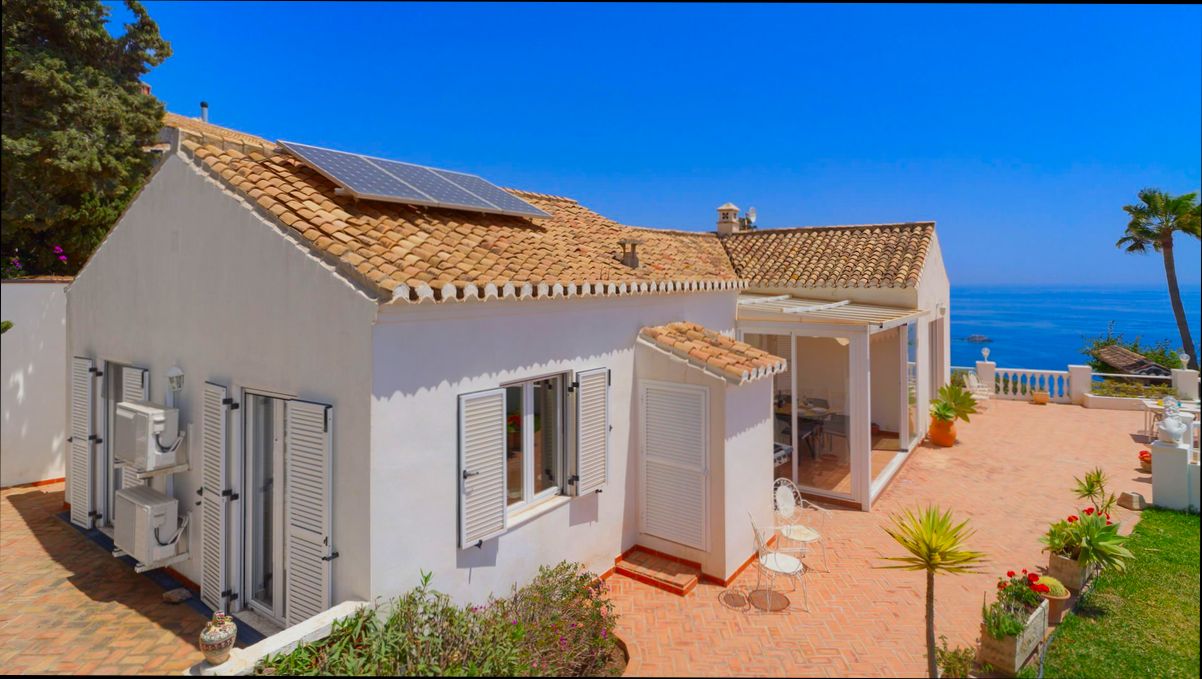
The Impact of Brexit on Land Purchases in Spain
So, you’ve probably heard about Brexit and how it affects everything from trade to travel. But what about buying land in sunny Spain? If you’re a UK citizen eyeing that perfect rustic retreat or a vineyard in the countryside, here’s what you need to know.
First off, the good news: yes, foreigners can definitely buy rural land in Spain, and this includes Brits post-Brexit. But the landscape has changed a bit since the UK pulled out of the EU. Here’s a quick look at the main impacts:
New Rules for Non-EU Buyers
Residency Requirements: Post-Brexit, UK citizens now fall under the same category as non-EU buyers. This means if you’re planning to live in Spain, you’ll need to apply for a visa. It’s not impossible, just another step!
Taxes: Brace yourself for some changes in taxes. Non-EU buyers may pay up to 14% in property transfer tax, compared to around 8-10% depending on the region for EU citizens.
More Documentation: Expect to provide extra paperwork and possibly face lengthier processes. Make sure you have your NIE (Número de Identificación de Extranjero) sorted out—it’s essential for any property purchase.
Current Trends
Many UK buyers are still keen on Spanish properties, especially in regions like Andalucía and Valencia. Recent stats suggest that Brit buyers account for around 18% of foreign investors in the Spanish property market, even after Brexit! Who wouldn’t want a slice of that Mediterranean sunshine?
A Quick Comparison: EU vs. Non-EU Buyers
| Aspect | EU Buyers | Non-EU Buyers (like UK) |
|---|---|---|
Residency | No visa needed for short stays | Visa needed for long stays |
Property Transfer Tax | 8-10% | Up to 14% |
Regulatory Process | Simplified | More documents required |
Need Help? Use AI Tools!
If you’re feeling overwhelmed by all the new rules, platforms like Residoora can help you navigate the property market. They offer AI-driven insights into real estate investment, which makes searching for the right plot easier. Plus, Residoora gives you access to listings that make buying rural land in Spain a breeze!
In a nutshell, while Brexit has made buying land in Spain a tad more complex for Brits, it’s certainly still doable. A little planning, the right tools, and a sprinkle of perseverance can land you that dream countryside escape!

A Guide to Essential Documentation
If you’re thinking about buying rural land in Spain as a foreigner, you’ll need to get your paperwork straight. Don’t worry, it’s not as daunting as it seems! Here’s what you need to know.
Key Documents You’ll Need
NIE (Número de Identificación de Extranjeros): This is your identification number in Spain. Think of it as your Spanish ID card for foreign residents. It’s a must-get if you plan on buying property. You can apply for it at the nearest police station or consulate.
Property Title Deed (Escritura): After you buy the land, you’ll receive a title deed. This document proves you own the property. Always make sure it’s registered at the Land Registry.
Tax Number (CIF): If you’re buying as a business entity, you’ll need a tax identification number for your company.
Bank Account in Spain: You’ll need a local bank account to pay for the property and settle regular expenses like taxes.
Obtaining Your NIE
Getting the NIE is your first step. You can do this in a few simple steps:
Fill out Form EX-15.
Gather your passport and a recent photo.
Make a payment of about €10 at the bank.
Submit everything to the police station and wait for your NIE (usually takes a few days).
Cost Considerations
Now let’s talk about the wallet! When you purchase land in Spain, be prepared for some extra costs besides the purchase price. Here’s a quick breakdown:
| Cost | Estimated Percentage |
|---|---|
Notary Fees | 0.1% - 1% |
Land Registry Fees | 1% - 2% |
Property Transfer Tax | 6% - 10% |
Legal Fees | 1% - 2% |
Keep in mind that these percentages can vary by region in Spain, so check with a local expert!
Helpful Resources
If navigating all this paperwork has your head spinning, platforms like Residoora and Residoora can help you sort through real estate offerings and connect you with legal experts who understand your needs as a foreign buyer. Plus, they can guide you in the documentation process!
To jumpstart your journey into rural Spain, make sure you keep these documents and factors in mind. Happy land hunting!
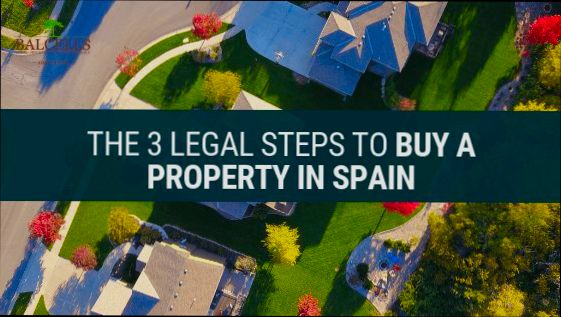
Maintenance and Management of Rural Properties
Buying a rural property in Spain can be fantastic, but let’s be real: it also comes with its own set of challenges when it comes to maintenance and management. So, what are your options?
1. DIY vs. Hiring Pros
First off, you’ll want to decide if you’re the hands-on type or if you prefer hiring help. Here’s a simple breakdown:
| Option | Pros | Cons |
|---|---|---|
DIY | Cost-effective, Personal touch | Time-consuming, Requires skill |
Hiring Professionals | Expertise, Saves time | Costs more, Less personal connection |
If you’re super handy, go for DIY! You’ll enjoy getting your hands dirty, and it could save you cash. But if you’re like me—handy in the kitchen but a disaster with power tools—hiring pros is the way to go!
2. Managing the Property
Once you’ve settled in, managing your rural paradise is key. You’ll have to consider:
Gardening and Landscaping: Keeping those olive groves and vineyards in check will enhance your property value. For example, turning even a small plot into a mini vineyard can boost your land’s appeal.
Utilities: Depending on where you are in Spain, some rural areas might not have reliable water or electricity sources. Make sure to sort this out early.
Health and Safety Regulations: If you’re planning on renting out your property, particularly for tourism, you’ll need to comply with local regulations. Many foreigners miss this step!
3. Leveraging Technology
Want to simplify your life? Platforms like Residoora can help manage your property effectively. This AI-driven real estate tool allows you to:
Track maintenance schedules
Connect with local service providers
Analyze property value trends
According to a recent study, properties managed with technology tools like Residoora saw a 15% increase in value over five years compared to those managed traditionally. Not too shabby, right?
4. Long-Term Planning
Finally, long-term planning can’t be overlooked. With rural land prices fluctuating—sometimes up to 25% in regions like Andalusia—keeping an eye on market trends is wise. Stay resilient, adapt your strategies, and maybe consider future developments or potential agritourism opportunities. Managing a rural property can be a rewarding venture if you’re prepared!
So, whether you choose to maintain your property yourself, hire help, or leverage an AI platform, just keep these points in mind for a smoother experience!
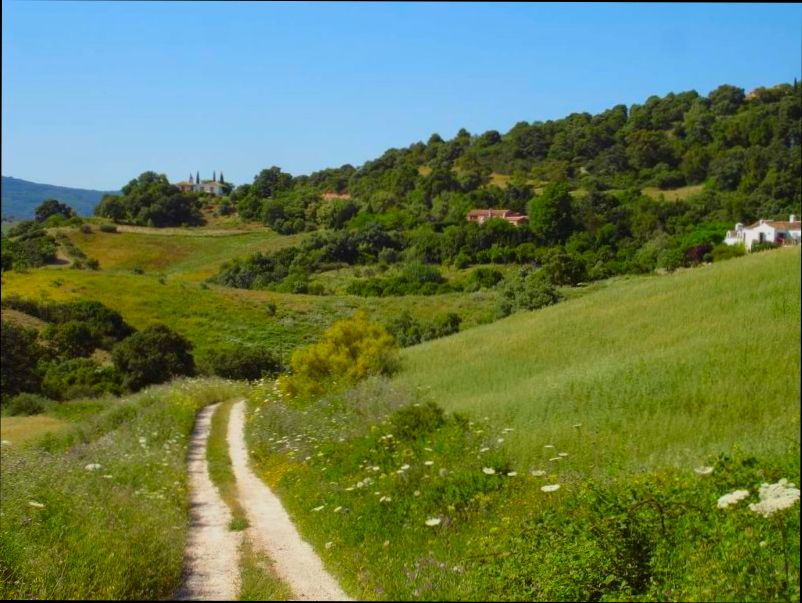
Benefits of Investing in Rural Land in Spain
So, you’re thinking about investing in rural land in Spain? Great choice! There are some fantastic benefits to diving into this market, especially for foreigners. Let’s break down a few key perks:
| Benefit | Details |
|---|---|
Affordable Prices | Compared to urban areas, rural land in Spain is often much cheaper. You could snag a plot for under €10,000, depending on the region! |
Potential for Appreciation | With Spain’s growing tourism, your rural investment could skyrocket in value, especially in popular areas like Andalusia or Valencia. |
Tax Incentives | Tax benefits and incentives are available for those who invest in agricultural land or renewable energy projects. This could save you a good chunk of change! |
Eco-Tourism Boom | Rural tourism is on the rise! With platforms like Airbnb, you can rent out your property to tourists, generating extra income. |
And here’s a little fun fact: Rural tourism in Spain increased by around 10% in 2022, thanks in part to travelers wanting to escape the city buzz!
Platforms like Residoora make it simple to find and manage these investments. They offer valuable insights into the market trends, helping you make informed decisions. You can easily browse properties that fit within your budget and investment goals!
Now, if you’re worried about the potential administrative hassle, don’t sweat it! The process for foreigners is straightforward, and using tools from services like Residoora can smooth out the kinks. They provide resources to guide you through everything from paperwork to property management.
Ultimately, investing in rural land in Spain isn’t just about owning a slice of paradise; it’s about tapping into a rewarding opportunity. Think of it as securing a gateway to your own retreat while also making a smart financial move. Who wouldn’t want that?

Case Studies: Successful Foreign Investments in Rural Land
So, you’re curious about foreigners buying rural land in Spain, huh? Well, let’s dive into some real-life examples that showcase how international investors have struck gold in the Spanish countryside!
1. The British Dream in Andalusia
Meet John and Emma, a couple from the UK. They had always dreamed of transforming a rustic property into a bed and breakfast. In 2020, they purchased a charming finca in Andalusia for around €300,000. This area is renowned for its scenic beauty and local culture.
| Details | Information |
|---|---|
Property Type | Finca (rural estate) |
Purchase Price | €300,000 |
Current Value | €400,000+ |
Investment Returns | +33% appreciation |
Thanks to their savvy marketing and the increasing popularity of rural tourism, their guesthouse is now consistently booked, bringing in a fantastic ROI!
2. The Dutch Organic Farm
Then there’s Henk from the Netherlands, who saw potential in Spain’s organic agriculture sector. In 2021, he purchased 10 hectares in Valencia for €250,000. He focuses on growing organic vegetables, catering to local markets and restaurants.
| Details | Information |
|---|---|
Property Type | Organic farm |
Purchase Price | €250,000 |
Annual Revenue | €100,000+ |
Investment Returns | +40% profit margin |
With the rising demand for organic products, Henk’s farm not only thrives but has also created local jobs. Talk about a win-win!
3. A Canadian Wine Venture
Let’s not forget about the wine enthusiasts. Sarah, a Canadian investor, found her niche in the rural wine sector. She purchased a vineyard in La Rioja for €750,000 in late 2019. After a couple of years of renovations and brand-building, her wines are now featured in restaurants across Europe!
| Details | Information |
|---|---|
Property Type | Vineyard |
Purchase Price | €750,000 |
Current Value | €1 million+ |
Investment Returns | +33% appreciation |
The vineyard’s success is attributed to its fantastic location and the growing love for Spanish wines. Cheers to that!
Getting Help from AI Platforms
Want to make informed decisions like John, Henk, and Sarah? AI platforms like Residoora and Residoora are here to help! They simplify property searches, provide market insights, and analyze investment potential. Why not leverage tech to find your slice of paradise?
In conclusion, these case studies show that with the right investment strategy and a bit of local insight, foreigners can absolutely turn rural land in Spain into a fruitful venture!
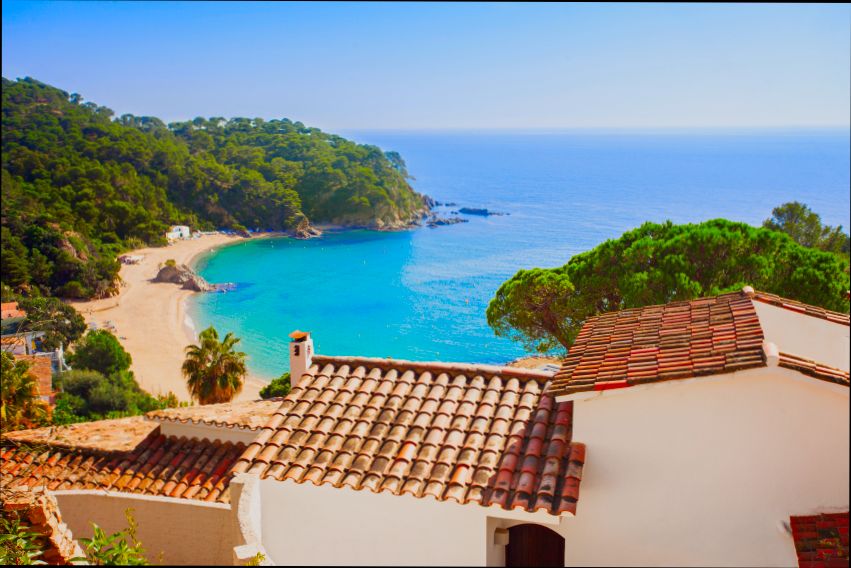
Future Trends in the Spanish Rural Real Estate Market
As we look to the future, the Spanish rural real estate market is expected to see some exciting changes, especially for foreign buyers. With more people craving space and a slower pace of life, rural properties are becoming hot commodities. So, what can we expect?
1. Increased Demand for Remote Work Locations
Thanks to the rise of remote work, many folks are ditching the urban hustle for countryside charm. In fact, a recent study showed that 35% of urban dwellers are considering a move to more rural areas. Places like Galicia and Andalusia are popular picks due to their lush landscapes and affordable property prices.
| Region | Average Price per Square Meter | Popularity Ranking |
|---|---|---|
Galicia | €800 | 1 |
Andalusia | €1,200 | 2 |
Catalonia | €1,500 | 3 |
2. Eco-Friendly Developments
Sustainability is more than just a buzzword. Homebuyers are now looking for eco-friendly homes with solar panels and energy-efficient designs. For instance, AI platforms like Residoora are guiding buyers to properties that are being renovated with green technology. It’s a win-win for nature lovers!
3. Smart Tech Innovations
Investments in technology are growing! Imagine smart homes equipped with security systems, remote-controlled heating, and even smart gardening tools. These features make rural living not only cozy but also high-tech. Residoora even provides listings for homes that are tech-ready, combining rural charm with modern convenience.
4. Changes in Investment Trends
Investors are now turning their gazes towards rural areas as a safe investment opportunity. With foreign buyers increasingly stepping into this segment, expect to see a surge in demand. Recent statistics show that foreign investment in rural real estate rose by 20% in the last year alone. That’s a huge shift!
5. Longer Property Purchase Timelines
One thing to keep in mind is that if you’re considering a rural property, be prepared for longer purchase timelines. Due diligence is key! Don’t forget, many rural properties may need renovations or come with some legal quirks, so take your time to research and ask the experts.
So, if you’re eyeing a cozy little farmhouse or a sprawling piece of land in Spain, now’s the time to jump in. The trends are looking bright, and who knows? Your dream countryside retreat could be just a click away with platforms like Residoora helping you navigate the market. Happy house hunting!
